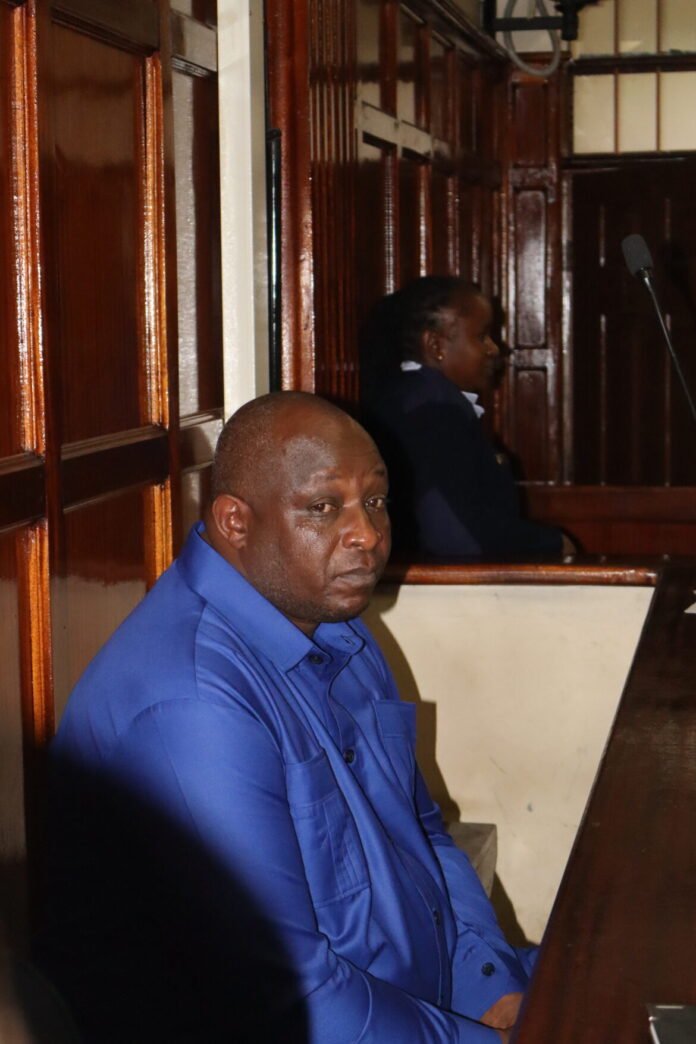Nairobi, Kenya — Officer Commanding Station (OCS) Samson Taalam, one of the police officers charged with the murder of blogger Albert Ojwang, has filed a constitutional petition challenging the legality of the Probation of Offenders Act for lacking clear timelines on the preparation of pre-bail reports — a loophole he claims has resulted in his unlawful prolonged detention.
Through his lawyer, Danstan Omari, Taalam is urging the court to declare sections of the Probation of Offenders Act (Cap 64) unconstitutional, arguing that the absence of statutory deadlines for probation officers to compile pre-bail reports violates the fundamental rights of accused persons.
The case follows a June 24, 2025, ruling by the Kibera High Court that ordered a pre-bail report before determining Taalam’s bond application. During the proceedings, the probation officer requested 45 days to complete the report — a duration Taalam has termed “shocking and unconstitutional.”
“The absence of statutory timelines has led to unreasonable delays in the preparation and submission of pre-bail reports, causing prolonged detention,” the petition reads in part.
Taalam contends that the prolonged period undermines his constitutional rights to expeditious bail determination, access to justice, and fair administrative action as protected under Articles 47, 48, 49, and 50 of the Constitution.
He is now seeking the court’s intervention to:
- Declare the 45-day delay in preparing the pre-bail report unconstitutional.
- Declare sections of the Probation of Offenders Act unconstitutional for failing to provide binding timelines.
- Compel the Ministry of Interior and the Directorate of Probation to introduce legal amendments and interim guidelines prescribing maximum timelines for the completion of pre-bail reports.
Taalam, alongside five other police officers, is facing murder charges linked to the death of blogger Albert Ojwang, who allegedly died from torture while in police custody — a case that has reignited national debate over police brutality and accountability.
The constitutional challenge is expected to test Kenya’s criminal justice system’s approach to pre-trial detention and could set a landmark precedent on the procedural rights of accused persons, particularly in capital offence cases.
By Were Kelly



















